Long way to go to restore faith in Parliamentary democracy
Sri Lanka’s Parliament entered a new era this year by allowing media access to Committee sessions that had previously been held behind closed doors.
By Sandun Jayawardana
Sri Lanka’s Parliament entered a new era this year by allowing media access to Committee sessions that had previously been held behind closed doors.
Journalists were first granted access to the Parliamentary Select Committee (PSC) appointed to investigate the Easter Sunday attacks.
It has been covered extensively by both local and foreign media since the PSC held its first public sitting on May 29.
Time and again, these sessions have exposed systematic failures in the intelligence and law enforcement apparatus in the months, weeks and days leading up to the atrocities committed on Easter Sunday.
The PSC itself has been controversial, with allegations of political bias being leveled against it by no less a person than the President himself.
Some MPs from the Opposition have railed against the decision to allow the media to witness the proceedings on the grounds that sensitive information related to national security is at risk of being exposed.
However, this in turn is paradoxical as some of the same MPs have been quick to pounce on the proceedings reported in the media when it provides useful revelations for them to lash out at the Government.
Whatever its flaws, in terms of media exposure, there is no doubt that the PSC has generated much conversation in society and generated renewed interest in Parliamentary proceedings.
The decision to open the PSC proceedings to the media has now been further expanded, with the doors of the Committee on Public Enterprises (COPE) and Committee on Public Accounts (COPA) also thrown open to the media for the first time in history.
Meetings of the various Sectoral Oversight Committees of Parliament are also to be opened to the media soon.
Though such access to the media is not unusual in some parts of the world, it is unprecedented in Sri Lanka and the steps taken in this regard should be commended.
Indeed, Speaker Karu Jayasuriya is reported in the media to have stated during the ceremony to open the COPE Committee sessions to journalists that opening Parliament Committee proceedings has helped re-established the lost trust of Parliamentary democracy.
It is however, asking too much to expect such actions to completely restore the public’s faith in Parliamentary democracy and of MPs in general.
One only needs to refer back to the unprecedented and disgraceful scenes witnessed on the floor of the House in November last year during the Constitutional crisis.
A special committee appointed by the Speaker to probe the violent clashes that took place in Parliament between MPs during last year’s Constitutional crisis recommended disciplinary action against as many as 59 MPs who were involved. The committee noted that the clashes had resulted in damage amounting to Rs.325, 000 to Parliament property. All this is taxpayer funds and the damage has now been prepared using taxpayer funds.
The report was forwarded to the Attorney General. Meanwhile, the Criminal Investigation Department (CID) also launched a criminal probe, summoning some of the offending MPs mentioned in the report to record their statements in February this year.
Nothing has been heard from the CID or the AG’s Department since. Meanwhile, Parliament itself has not held any of its errant MPs to account. They continue to come and go to Parliament as they please; sitting in the same hallowed chamber that they vandalised.
A glance at the committee’s report shows that these MPs were accused of a variety of offences including assaulting a police officer, threatening police officers, breaking and damaging microphones, possession of an object similar to a knife, throwing books, files, water, liquids and even rubbish bins.
The overwhelming majority of those cited in the report were from the United People’s Freedom Alliance (UPFA), yet their leaders sought to not just downplay the disgraceful and thuggish behaviour of their MPs, but to try and shift the blame for their thuggery onto the Speaker’s conduct.
The United National Party (UNP) has been no better, refusing to act against its MPs who were mentioned and also opting not to push for stern action against the UPFA MPs involved.
How can one expect the public to regain their trust in Parliamentary democracy when not a single errant MP has been brought to book either by Parliament or any State agency?
Meanwhile, less than 10 MPs out of 225 in Parliament have so far made their 2018/2019 asset declarations publicly available despite calls to do so. A complaint has already been filed at the Bribery Commission by Transparency International Sri Lanka against eight Cabinet Ministers for failing to submit their asset declarations by the June 30, 2019 deadline. They continue to openly flout the law.
Opening the Parliament Committee sessions is commendable, but trust in Parliamentary democracy, and of Parliament itself, will not be regained unless the people’s representatives are held accountable.
-
Still No Comments Posted.



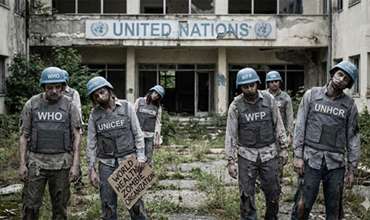


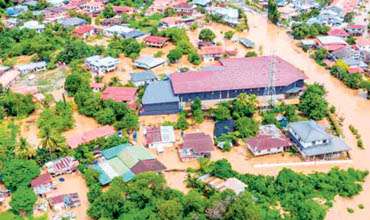
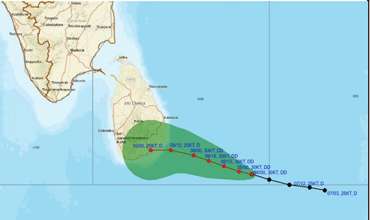
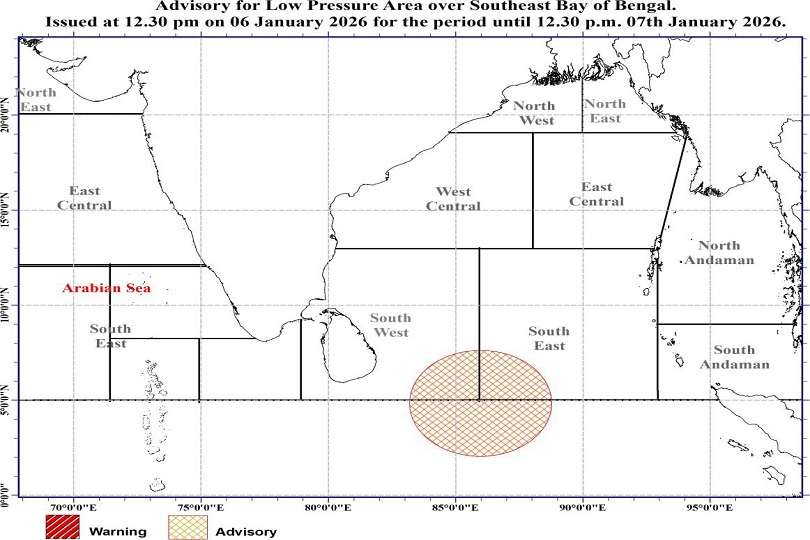
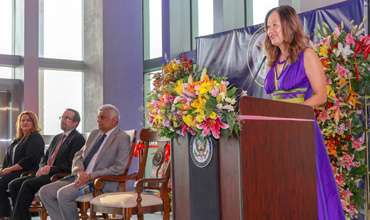
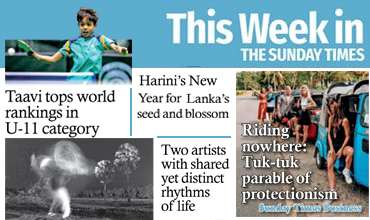


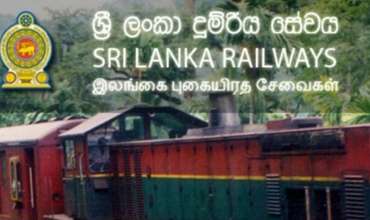
Leave Comments